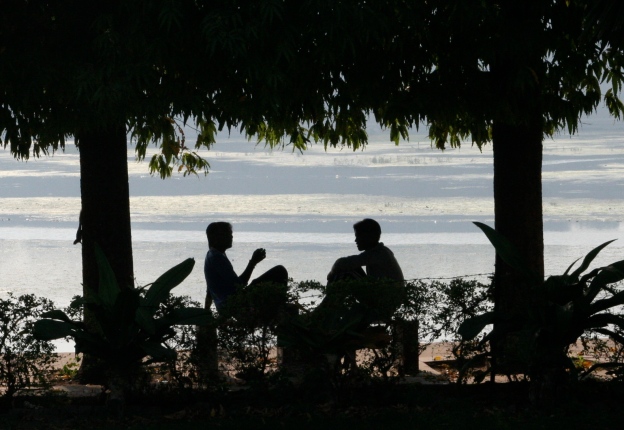Willowcliff — The Dyer Family Foundation — was established in 2003 on the fifth anniversay of the completion of my Bone Marrow Transplant. It supports organizations and projects involved in world citizenship and global stewardship. Several of the projects described on this webpage involve global health, global mental health, disaster response, and cancer survivorship.
Related articles
- Dr. Shafik Dharamsi: Research in a Canadian Vision for Global Health (ismailimail.wordpress.com)
- Global Perspective On Integrating Mental Health (medicalnewstoday.com)
- World Health Assembly: putting mental health on the agenda (thestar.blogs.com)
- Grand challenges in global mental health: integration in research, policy, and practice (scicombinator.com)
- Integrating mental health care: New series (eurekalert.org)
- Integrating Mental Health Services Around The World Is An Urgent Priority (medicalnewstoday.com)

Willowcliff Foundation 10th anniversary
Yom Kippur, 2013, marked the 10th anniversary for the Willowcliff Foundation. I decided to set up a fund on the fifth anniversary of the completion of my Bone Marrow Transplant, Yom Kippur, 2013. Each year that day on the Jewish calendar reminds me of the day in 1998 when I completed cancer treatment at Duke, walked out of the clinic, “cured” and went to services in Chapel Hill with Jewish friends. At that time it would have been hard to imagine the years ahead and all that they would bring.
Willowcliff supports projects intended to meet humanitarian needs and promote awareness of global issues. It is managed by our children, Will and Cliff, and their respective spouses, initially with funds from the royalties and honoraria from my academic work, and now contributions from the next generation and from others.
In the past ten years, we have supported humanitarian organizations, such as Oxfam, Médecins Sans Frontières (Doctors without Borders), the International Medical Corps, as well as students involved in humanitarian work in India, Burundi, and China. One of the major projects was an educational program, Disaster Mental Health, Community Training, put on in Chengdu for Chinese Mental Health workers responding to the Great Sichuan Earthquake in 2008. A similar program “How to Help our Children” was put on at Tohoku University in Sendai in 2011 after the Japan Triple Disaster (Earthquake, Tsunami, and Nuclear Meltdown).
This year we have identified three worthy projects to fund, and are very excited about the good efforts they represent in peace building.
The first is the Amahoro (Peace) project (Building Sustainable Peace and Development in Post-Conflict Burundi). “Amahoro” is the Kirundi word for peace. The Amahoro project is a cooperative effort between the University of Ngozi (Dr. Apollinaire Bangayimbaga, Rector) and Colorado State University (William Timpson, Professor of Education, Kellogg Fellows Leadership Alliance and Fulbright Senior Specialist). It helps students in Ngozi understand their history and options they have to mitigate the ethnic conflict that has plagued Burundi for decades.
The second is the Palestine Medical Education Initiative. (pmedonline.org) The Palestinian Medical Education Initiative (PMED) is an apolitical nonprofit, non–governmental organization that is a joint venture of Palestinian health sector leaders and international medical professionals, including faculty and trainees at Harvard, George Washington, and Manchester Universities.
The Palestinian Medical Education Initiative improves Palestinian healthcare and supports Palestinian society by developing and strengthening medical education partnerships between Palestinian, American, and international health sector institutions. PMED promotes the development of a self–sufficient, high–quality Palestinian healthcare system and reinforces bridges of cooperation and mutual understanding between Palestinians and the international community.
The third is called Seas of Peace. (seasofpeace.org/) Seas of Peace uses sail training, cross-conflict dialogue sessions and the secluded nature of life at sea to foster empathy, teamwork, cultural awareness, and intellectual curiosity among young leaders of the world.